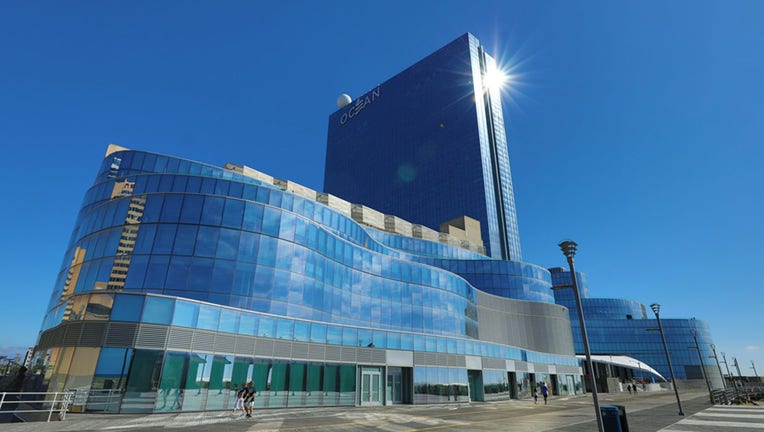Casino In Jersey City
4/15/2022by admin
Casino In Jersey City Rating: 5,8/10 6442 votes
Lincoln Park is an urban park in Jersey City, New Jersey with an area of 273.4 acres (110.6 ha). Part of the Hudson County Park System, it opened in 1905 and was originally known as West Side Park. The park was designed by Daniel W. Langton and Charles N. Lowrie, 1 2 both founding members of the American Society of Landscape Architects. In Jersey City in New Jersey you will not casino. The nearest casino is in New York City, in Jamaica it’s the Resort World Casino. This gaming establishment offers you 5,000 slot machines, video poker and electronic games including Roulette, Sic Bo, Baccarat, Blackjack and Three Card Poker.

Just as the US. Supreme Court was saying no to sports betting in New Jersey, a former Reebok chief executive announced his intentions to build a casino complex in Jersey City.Gambling could fill NJ budget gaps, but authorizing it is an uphill battle.
Following the passage of a referendum in 2011 to amend the state constitution to allow sports betting, lawmakers passed a law to allow it and Gov. Chris Christie signed it.In a lawsuit filed in 2012, the state argued that the Professional and Amateur Sports Protection Act, (PASPA) which limits sports betting to four states, is an unconstitutional infringement of state’s rights. The court did not agree.
Debates over the costs and benefits of gambling are nothing new. In fact, the country’s earliest settlers struggled over whether gambling was a “gentlemen’s diversion” or a vice in need of government intervention. While the Puritans sought to ban gambling outright, necessity ultimately won out. Lotteries were used to fund public works projects, build universities, and even the war for our independence. For many years, playing the lottery was a civic responsibility.

As the country grew, the “frontier spirit” of risk taking took gambling south and west, where the first gaming houses were established. However, by the 1830s, public sentiment began to turn against gambling and the perceived corruption it generated. States began to outlaw lotteries and crack down on professional gamblers. By the early 1900s, virtually all forms of betting were prohibited.
After the stock market crashed in 1929, public opinion changed again, and legitimizing gambling was seen as a way to stimulate the economy, much like it is today. Horseracing reemerged, bingo games were sanctioned, and Las Vegas became a mecca for casinos with the legalization of gambling in 1931.
However, as the gaming industry expanded, so did the influence of organized crime.
In response, Congress passed a series of bills, including the Racketeer Influenced and Corrupt Organizations Act and the Federal Wire Act. The criminal element of gambling also caused voters in states like California to reject legalization efforts.
While lawmakers sought to clean it up, gambling never truly went away. In the 1960s and 70s, state-run lotteries reemerged as a way to generate revenue. In 1978, New Jersey became the second state to legalize casino gambling, restricting it to the confines of Atlantic City.
The surging popularity of professional and collegiate sports along with increased television exposure led to an overall increase in illegal sports betting in the 1980s. Congress again responded, this time passing the PASPA.It prohibits governmental entities, including the states, from authorizing sports wagering.
The state government and all New Jersey cities need new non property tax based revenue sources.Gambling in all of its forms could be one of those sources.Casinos in Jersey City would certainly draw money from New York City and from the wealthiest counties in New Jersey which are located north of the Raritan River.
Find out the latest on New Jersey and legalized sports gambling at the Sports & Entertainment blog.
Jersey City News

Casino In The Park Jersey City Closed
Donald Scarinci is a managing partner at Lyndhurst, N.J. based law firm Scarinci Hollenbeck. He is also the editor of the Constitutional Law Reporter and Government and Law blogs.
Comments are closed.